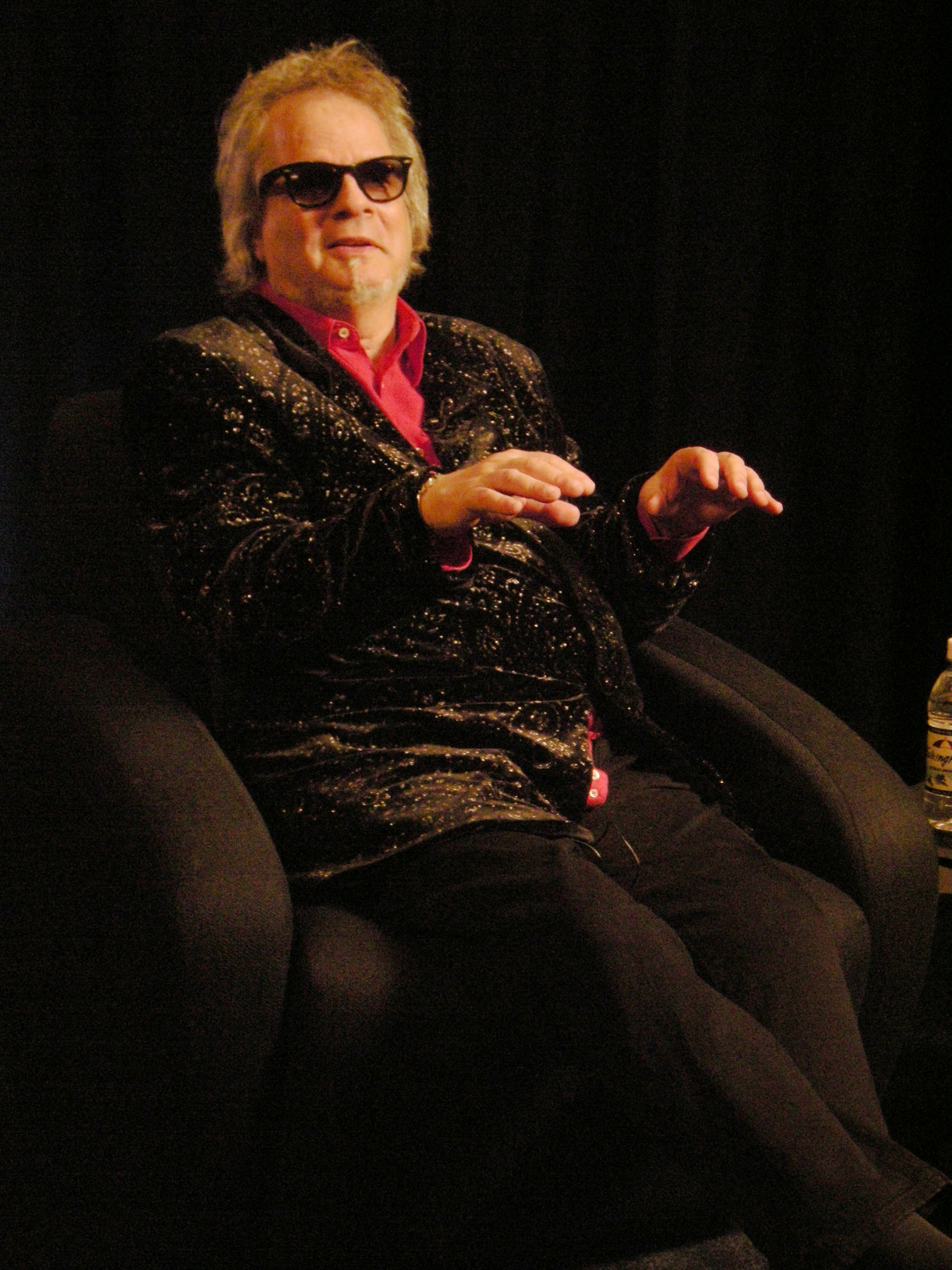|
Just Like A Woman
"Just Like a Woman" is a song by American singer-songwriter Bob Dylan first released on his seventh studio album, ''Blonde on Blonde'' on June 20, 1966. It was written by Dylan and produced by Bob Johnston. A shorter edit was released as a single in the United States during August 1966 and peaked at number 33 on the ''Billboard'' Hot 100. The song has been criticized for supposed sexism or misogyny in its lyrics, and has received a mixed critical reaction; some critics have suggested that the song was inspired by Edie Sedgwick, while other consider that it refers to Dylan's relationship with fellow folk singer Joan Baez. Dylan allegedly wrote "Just Like a Woman" on Thanksgiving Day in 1965, though some biographers doubt this, claiming he most likely improvised the lyrics in the studio. Dylan recorded the track at Columbia studio B in Nashville, Tennessee in March 1966, together with frequent collaborator Al Kooper along with guitarists Charlie McCoy and Joe South. Retrospective ... [...More Info...] [...Related Items...] OR: [Wikipedia] [Google] [Baidu] |
Bob Dylan
Bob Dylan (legally Robert Dylan, born Robert Allen Zimmerman, May 24, 1941) is an American singer-songwriter. Often regarded as one of the greatest songwriters of all time, Dylan has been a major figure in popular culture during a career spanning more than 60 years. Much of his most celebrated work dates from the 1960s, when songs such as "Blowin' in the Wind" (1963) and " The Times They Are a-Changin' (1964) became anthems for the civil rights and antiwar movements. His lyrics during this period incorporated a range of political, social, philosophical, and literary influences, defying pop music conventions and appealing to the burgeoning counterculture. Following his self-titled debut album in 1962, which comprised mainly traditional folk songs, Dylan made his breakthrough as a songwriter with the release of ''The Freewheelin' Bob Dylan'' the following year. The album features "Blowin' in the Wind" and the thematically complex " A Hard Rain's a-Gonna Fall". Many of his s ... [...More Info...] [...Related Items...] OR: [Wikipedia] [Google] [Baidu] |
Al Kooper
Al Kooper (born Alan Peter Kuperschmidt; February 5, 1944) is a retired American songwriter, record producer and musician, known for organizing Blood, Sweat & Tears, although he did not stay with the group long enough to share its popularity. Throughout much of the 1960s and 1970s he was a prolific studio musician, playing organ on the Bob Dylan song "Like a Rolling Stone", French horn and piano on the Rolling Stones song "You Can't Always Get What You Want", and lead guitar on Rita Coolidge's "The Lady's Not for Sale", among many other appearances. Kooper also produced a number of one-off collaboration albums, such as the '' Super Session'' album that saw him work separately with guitarists Mike Bloomfield and Stephen Stills. In the 1970s Kooper was a successful manager and producer, recording Lynyrd Skynyrd's first three albums. He has also had a successful solo career, writing music for film soundtracks, and has lectured in musical composition. Early life Al Kooper was bor ... [...More Info...] [...Related Items...] OR: [Wikipedia] [Google] [Baidu] |
Record Producer
A record producer is a recording project's creative and technical leader, commanding studio time and coaching artists, and in popular genres typically creates the song's very sound and structure.Virgil Moorefield"Introduction" ''The Producer as Composer: Shaping the Sounds of Popular Music'' (Cambridge, MA & London, UK: MIT Press, 2005).Richard James Burgess, ''The History of Music Production'' (New York: Oxford University Press, 2014)pp 12–13Allan Watson, ''Cultural Production in and Beyond the Recording Studio'' (New York: Routledge, 2015)pp 25–27 The record producer, or simply the producer, is likened to film director and art director. The executive producer, on the other hand, enables the recording project through entrepreneurship, and an audio engineer operates the technology. Varying by project, the producer may or may not choose all of the artists. If employing only synthesized or sampled instrumentation, the producer may be the sole artist. Conversely, some artists ... [...More Info...] [...Related Items...] OR: [Wikipedia] [Google] [Baidu] |
Highway 61 Revisited
''Highway 61 Revisited'' is the sixth studio album by American singer-songwriter Bob Dylan, released on August 30, 1965, by Columbia Records. Having until then recorded mostly acoustic music, Dylan used rock musicians as his backing band on every track of the album, except for the closing track, the 11-minute ballad "Desolation Row". Critics have focused on the innovative way Dylan combined driving, blues-based music with the subtlety of poetry to create songs that captured the political and cultural chaos of contemporary America. Author Michael Gray has argued that, in an important sense, the 1960s "started" with this album. Leading with the hit song "Like a Rolling Stone", the album features songs that Dylan has continued to perform live over his long career, including "Ballad of a Thin Man" and the title track. He named the album after the major American highway which connected his birthplace of Duluth, Minnesota, to southern cities famed for their musical heritage, includ ... [...More Info...] [...Related Items...] OR: [Wikipedia] [Google] [Baidu] |




